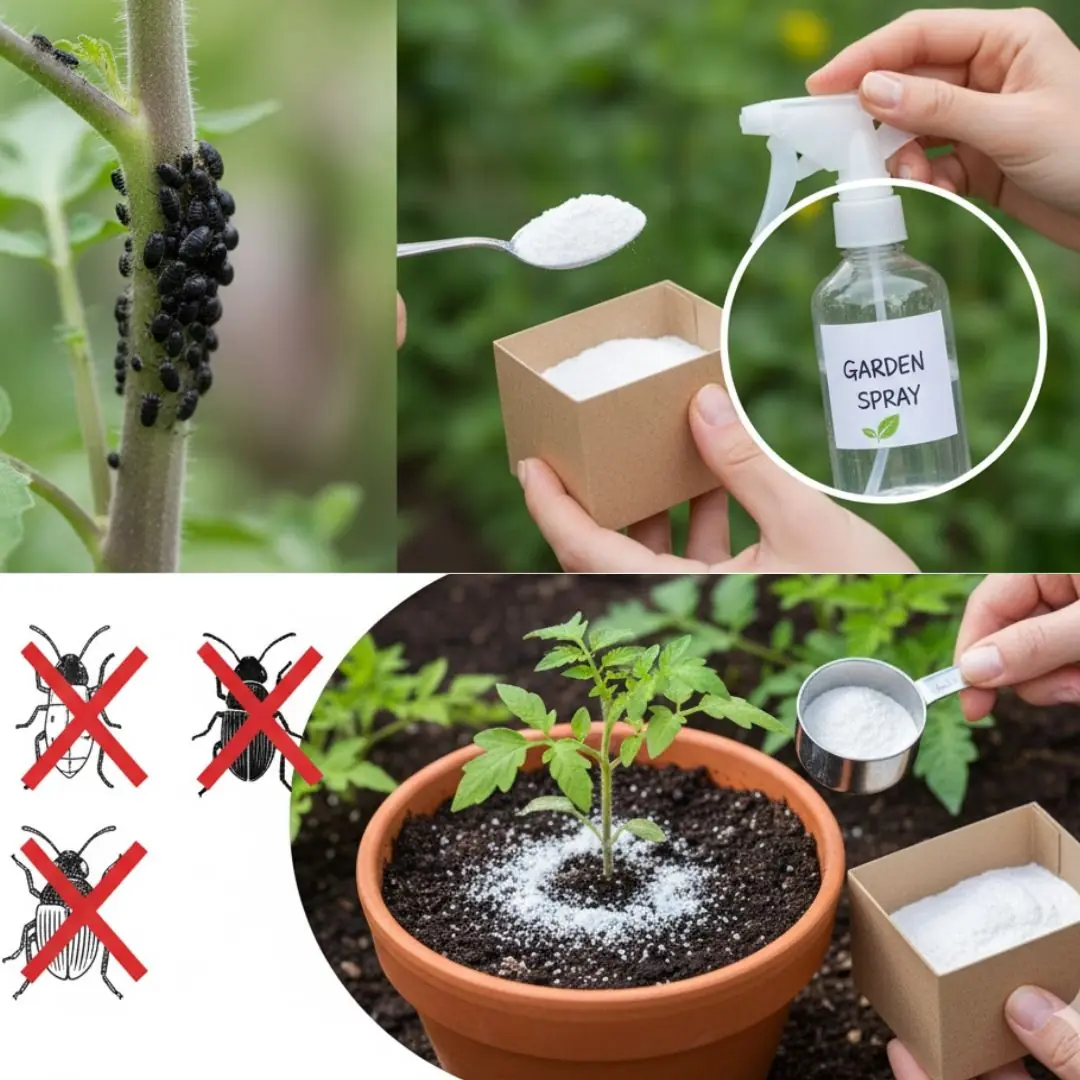
Mix banana peel with this and keep it in the corner of the house
Instead of using chemical products that may be harmful to your health, you can use natural household ingredients to repel cockroaches.
After eating a banana, don’t rush to throw away the peel — you can actually use it to make a cockroach trap.
First, cut the banana peel into small pieces and put them into a container. Then, add a bit of salt and detergent, and mix well.
The banana peel will attract cockroaches to eat, while the salt and detergent will dehydrate them and make it hard for them to breathe.
Place the container with banana peels in areas where cockroaches often come to forage at night. After just one night, you’ll see how effective this method is.
Other natural ways to keep cockroaches away
1. Use soap
Mix 20 ml of liquid soap with 500 ml of water, stir well, then place the mixture near the base of cabinets, kitchen counters, or spray it directly in areas cockroaches frequently pass by.
2. Orange or lemon peels
Dry the peels of oranges, lemons, or pomelos, and place them where cockroaches often appear. The fragrance from these citrus peels helps repel cockroaches naturally and effectively.
3. Onion and garlic
Garlic’s pungent smell is an excellent cockroach repellent. You can sprinkle some garlic powder in corners where cockroaches usually roam — they’ll stay far away. Note: since garlic powder can easily scatter in the wind, it’s best to use this method in enclosed corners.
Alternatively, you can extract juice from onions and garlic, then mix in a spoonful of garlic powder. Add a little water, stir well, and pour the mixture into a spray bottle. Spray it in areas where cockroaches appear frequently.
If you can’t make the juice, finely mince onions and garlic, then mix them with ground pepper. Divide the mixture into small dishes and place them where cockroaches gather.
Onions themselves have a strong smell that cockroaches can’t stand. Simply slice an onion into thin pieces and place them around the areas where cockroaches usually look for food — the sharp scent will drive them away.
4. Baking soda and sugar
Mix baking soda and sugar in a 1:1 ratio and place the mixture in corners of the house. The sugar attracts cockroaches, while the baking soda causes them to bloat and dehydrate, eventually killing them. You can also leave a small dish of water nearby so that cockroaches drink after eating — and you’ll soon see the results.
To prevent cockroaches from entering through drain pipes, you can also use baking soda. Dissolve one spoonful of baking soda in a cup of hot water, stir well, and pour the solution down the drain.
Wipe or wash after using the toilet? A big lesson from America — the country that never uses bidets
Americans never use bidet hoses after going to the toilet — and many people around the world don’t either.
Let’s be honest: when it comes to human “bathroom habits,” things get complicated. People are divided into camps — whether to squat or sit, to wipe or wash afterward, or both.
But Americans are surprisingly united on this issue: they wipe, not wash. If you travel to the U.S., you’ll rarely see a bidet hose attached to a toilet. While countries like Italy, Greece, and especially Japan consider bidets essential, Americans remain loyal to toilet paper.
However, this loyalty isn’t necessarily a good thing. According to recent studies, using only toilet paper is actually quite unhygienic — it can even lead to health problems like infections or anal fissures.
Hygiene expert Rose George explained:
“It’s hard to accept that millions of people walk around every day with that area still dirty. Toilet paper can wipe, but it doesn’t truly clean.”
Many Americans try to solve this by using wet wipes (baby wipes). While they seem more hygienic, George disagrees.
“Try spilling chocolate on a wooden floor, wiping it with a wet tissue, then wiping again with dry paper. You’ll still see chocolate residue in the cracks. The human anus has folds — now you get the idea.”
In addition, wiping too hard with paper or wet wipes can cause anal fissures — small tears in the lining of the anus that cause pain and bleeding.
Some people may even develop hemorrhoids, where the rectal and anal veins swell — a more serious and difficult-to-treat condition.
Furthermore, wiping from back to front can transfer bacteria into the urinary tract, leading to urinary infections.
The key takeaway?
These issues can largely be avoided by washing with water using a bidet or sprayer.
So, wipe or wash — you know the answer now.
News in the same category


Why You Shouldn’t Wash Rice in the Inner Pot of an Electric Rice Cooker
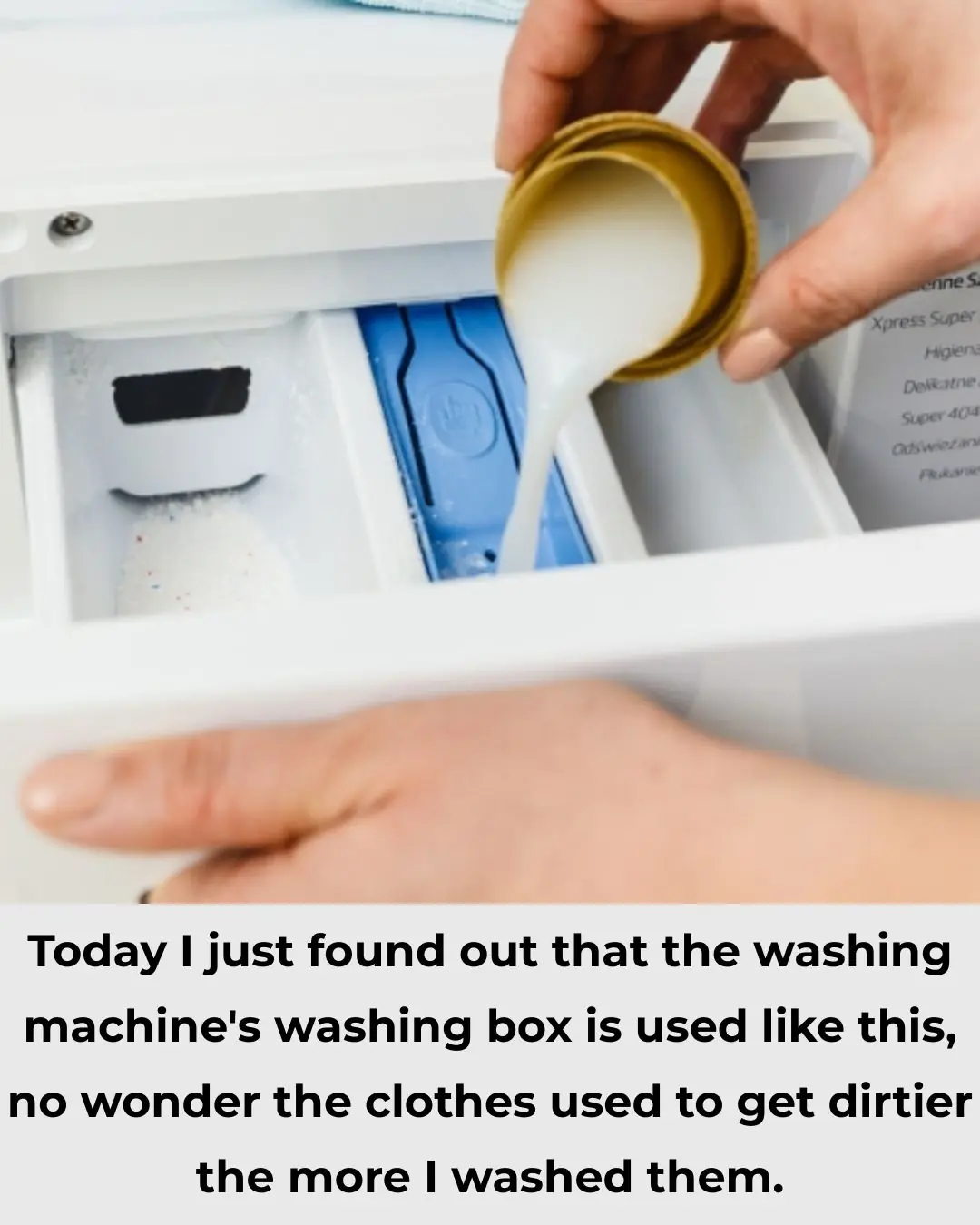
Turns out I've been using it the wrong way for a long time

🥚 5 Simple Ways to Tell if Your Eggs Are Fresh or Rotten 🚫

Crush a handful of these leaves and drop them into the pot.

New research discovers unexpected benefits of lard

The house is full of dust even if cleaned regularly, apply these 3 tips for a whole week and the house will still be clean
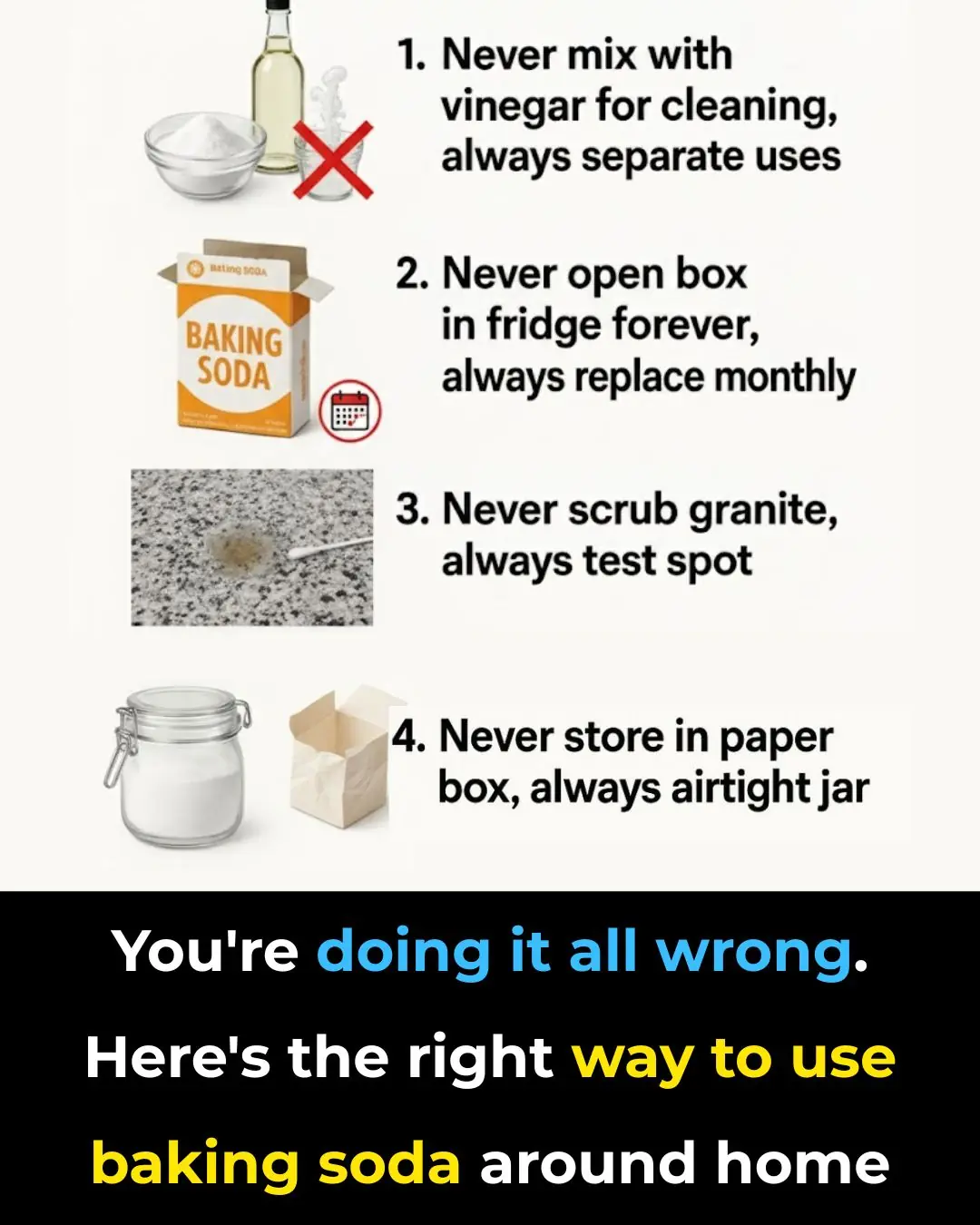
You’re doing it all wrong. Here’s the right way to use baking soda around home
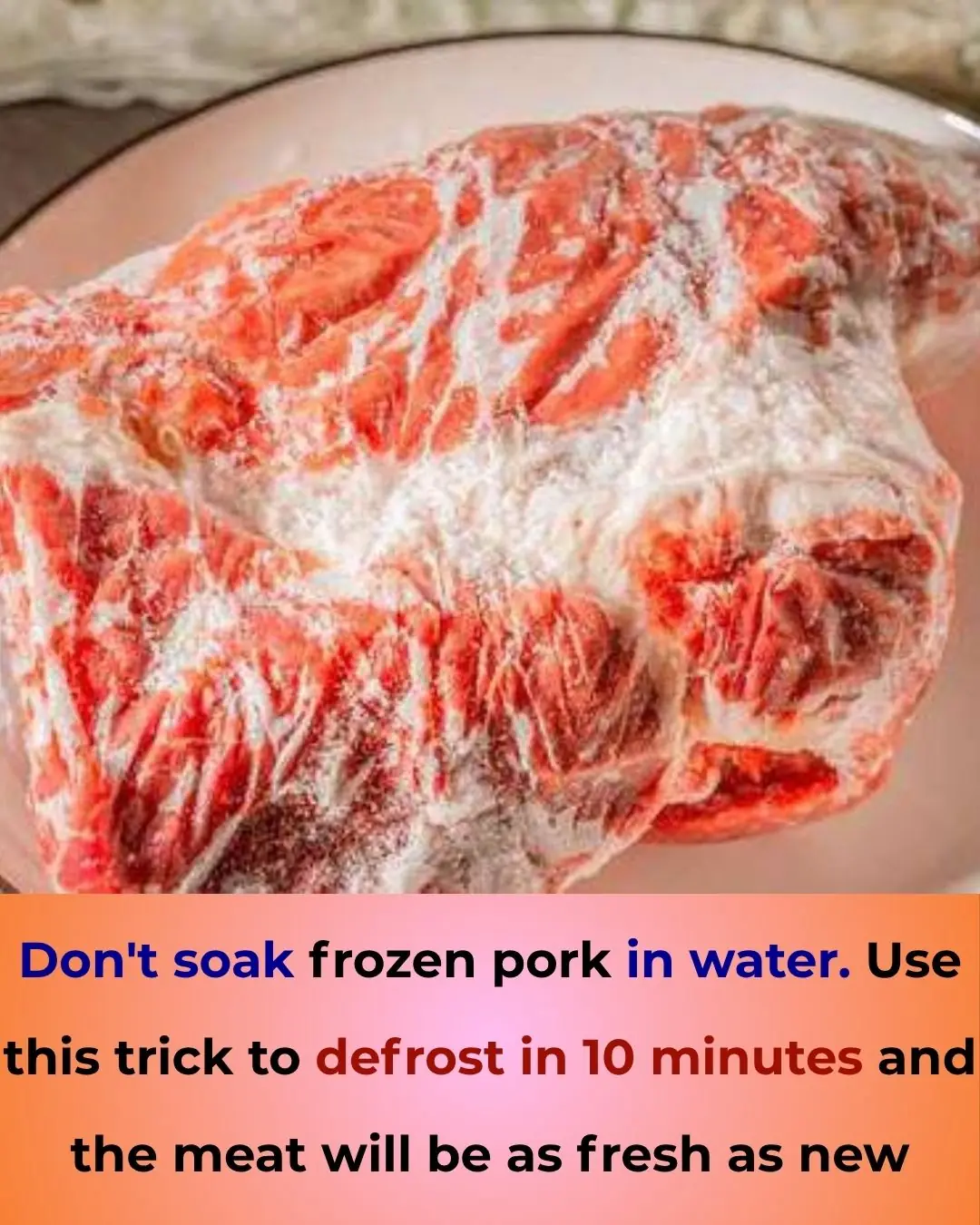
Don’t Soak Frozen Pork in Water — Try This 10-Minute Thawing Trick for Fresh, Tender Meat

Hotel Room Red Flags You Should Never Ignore

🔌 3 Mistakes to Avoid When Charging Your Phone — And How to Extend Its Life
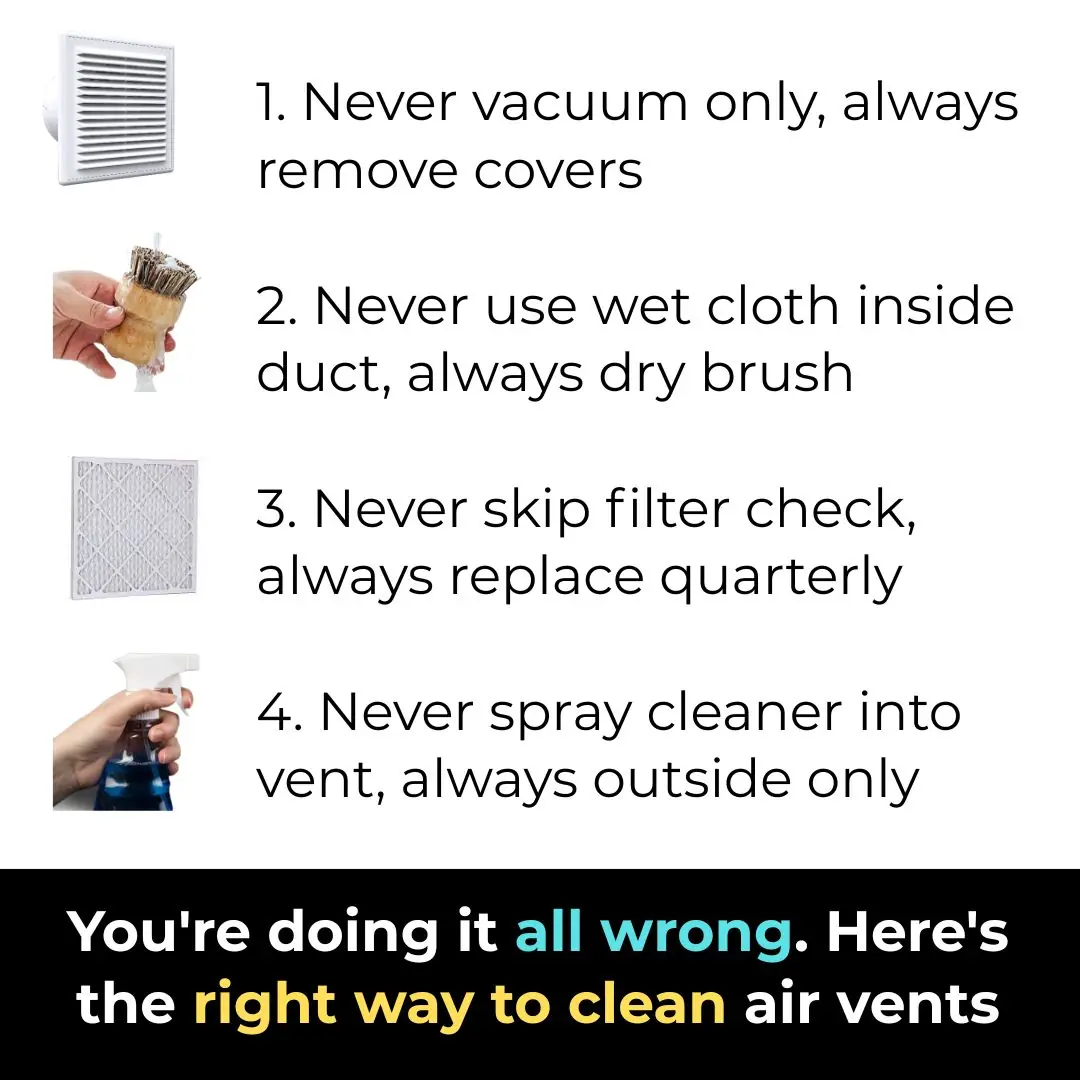
You’re doing it all wrong. Here’s the right way to clean air vents
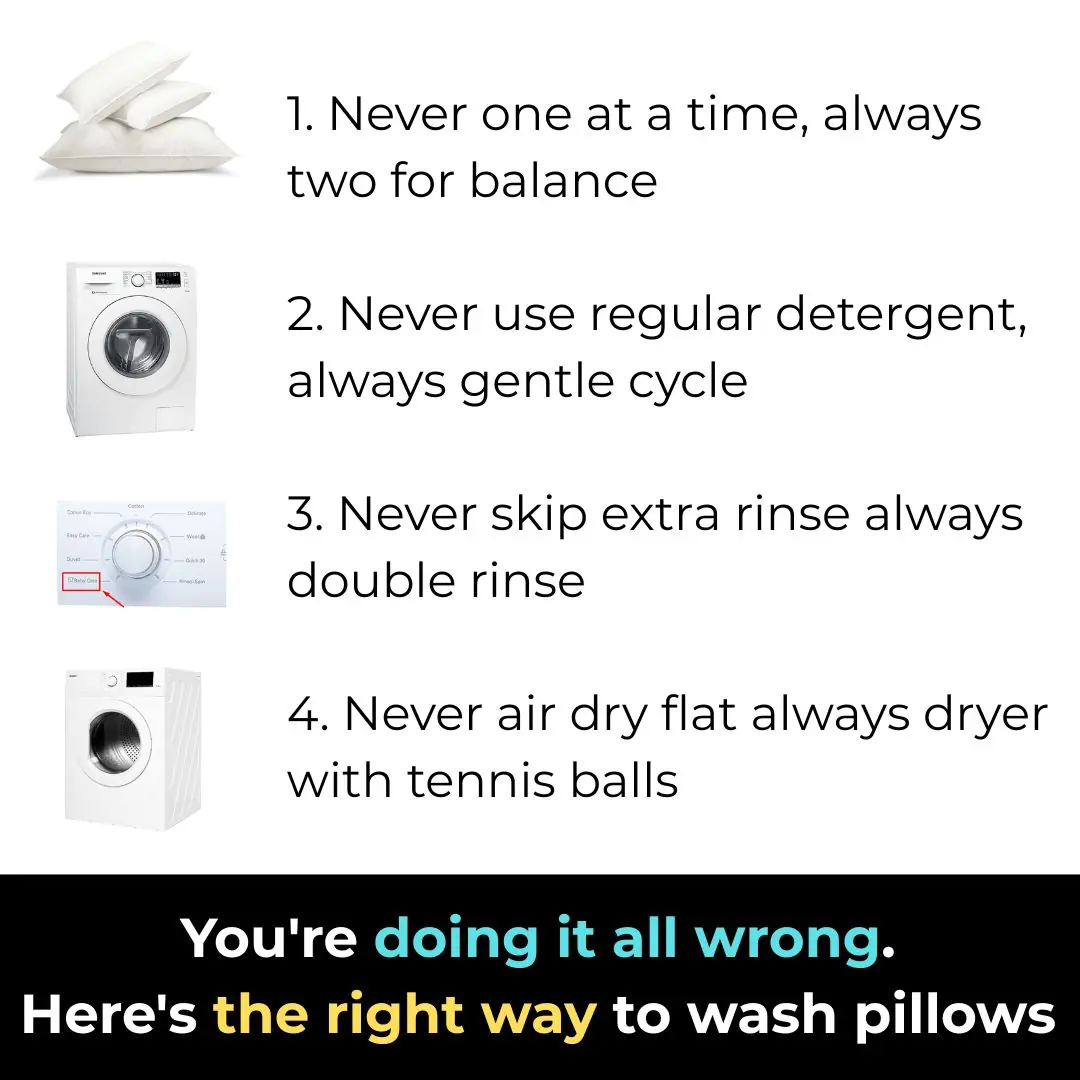
You’re doing it all wrong. Here’s the right way to wash pillows

Wow, I never knew this!
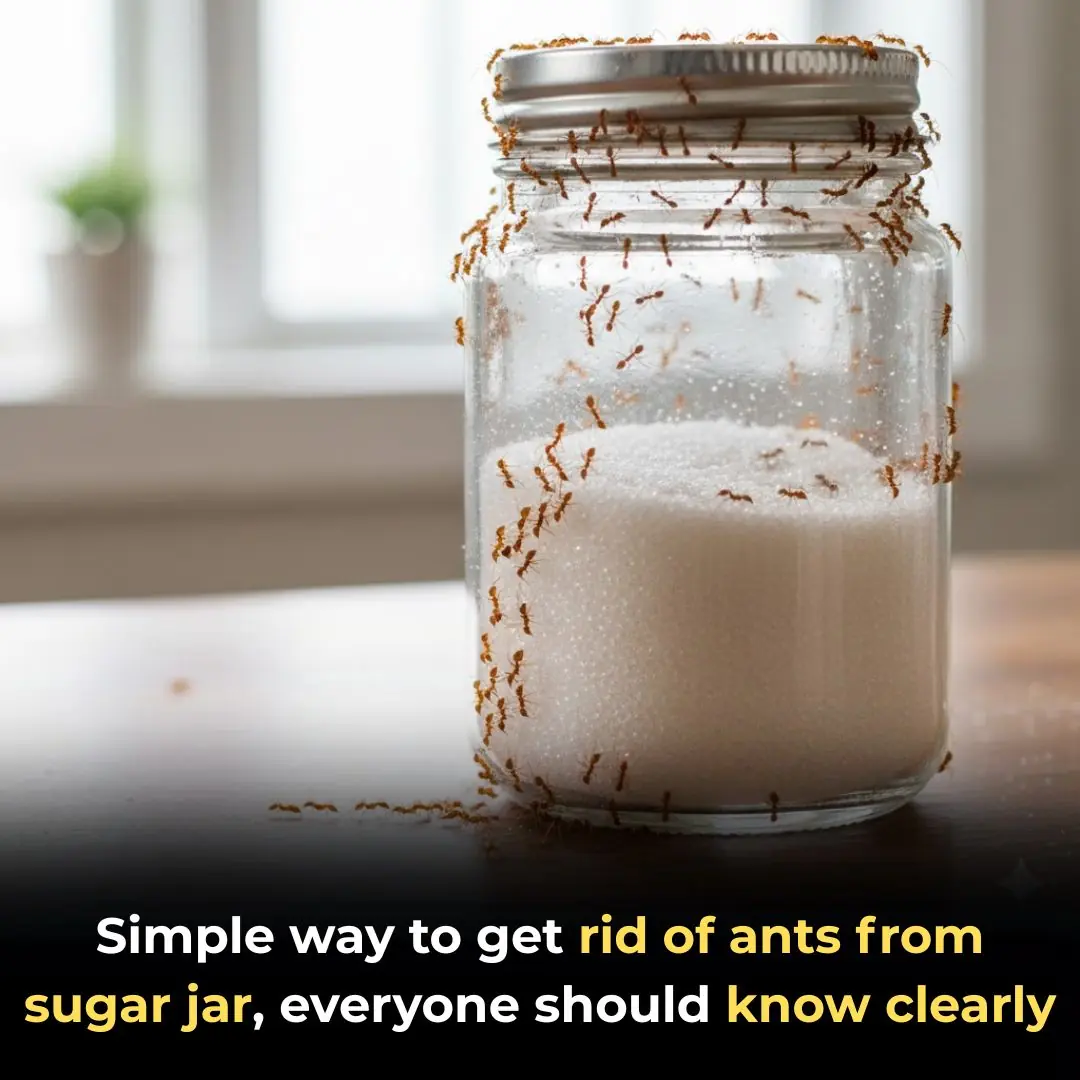
Simple way to get rid of ants from sugar jar, everyone should know clearly

Put the entire roll of toilet paper in the refrigerator

Serrated Leaf Motherwort: A Precious Herb with Many Benefits

Banana flowers and their little-known uses

Eat these 5 fruits to avoid magnesium deficiency, keep your heart healthy and your bones strong.
News Post
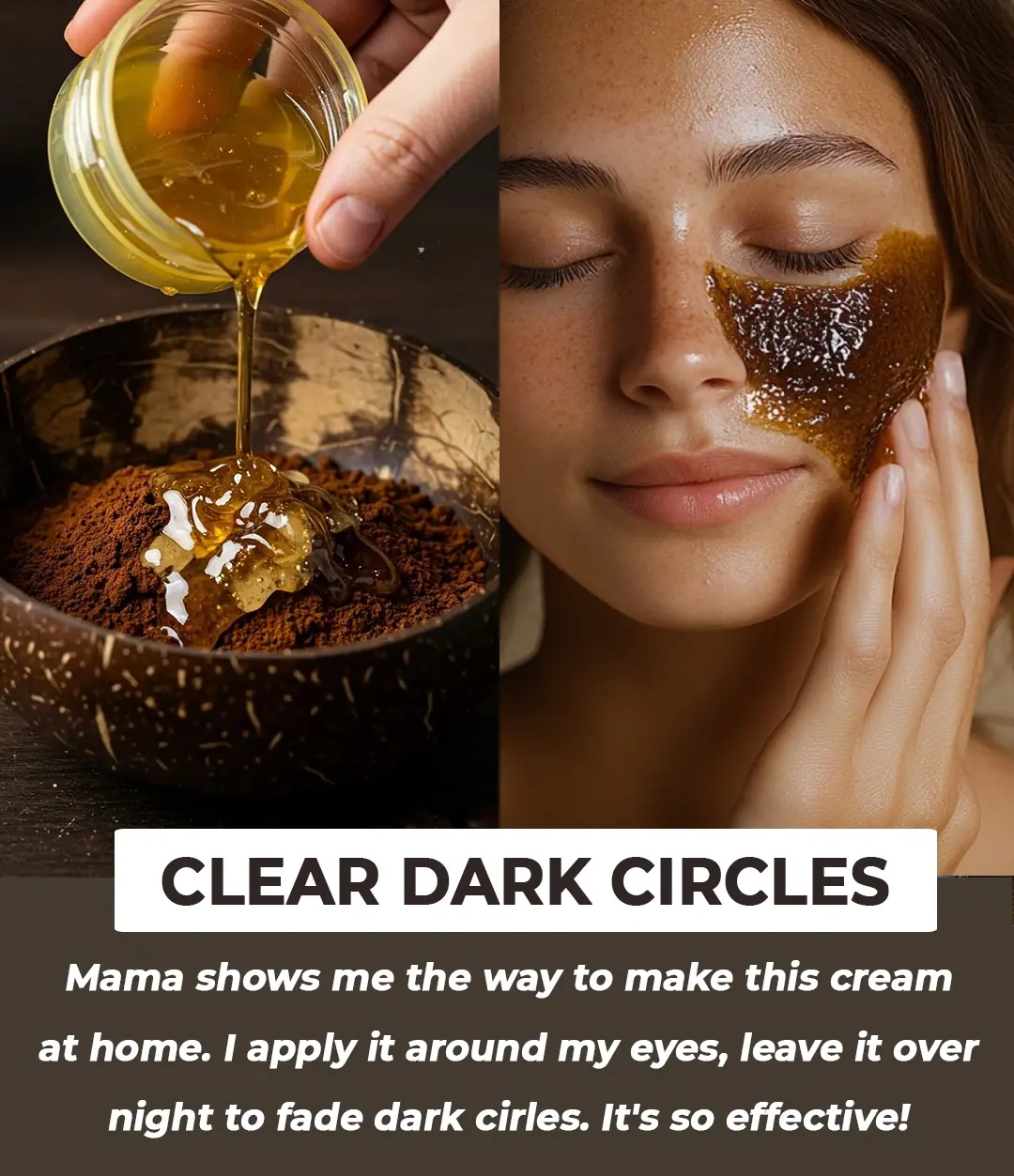
This Homemade Coffee & Turmeric Eye Cream Will Erase Your Dark Circles

How to grow clove plant at home – from seed to spice
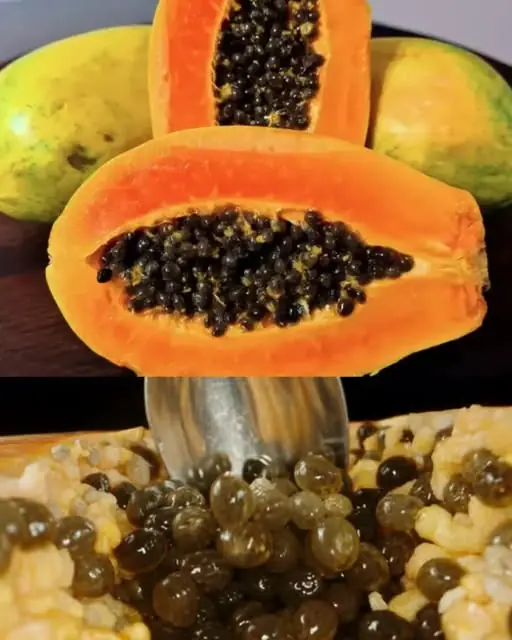
7 Benefits Of Papaya Seeds & How To Consume Them Correctly

Chanca Piedra (Stonebreaker): Benefits and Uses

Nerve damage? 6 best oils to help repair your nerves

Red Onion for Hair Growth: How This Overlooked Natural Remedy Can Stop Hair Fall and Boost Thickness Fast

Banana and Coffee: Powerful combination with surprising benefits
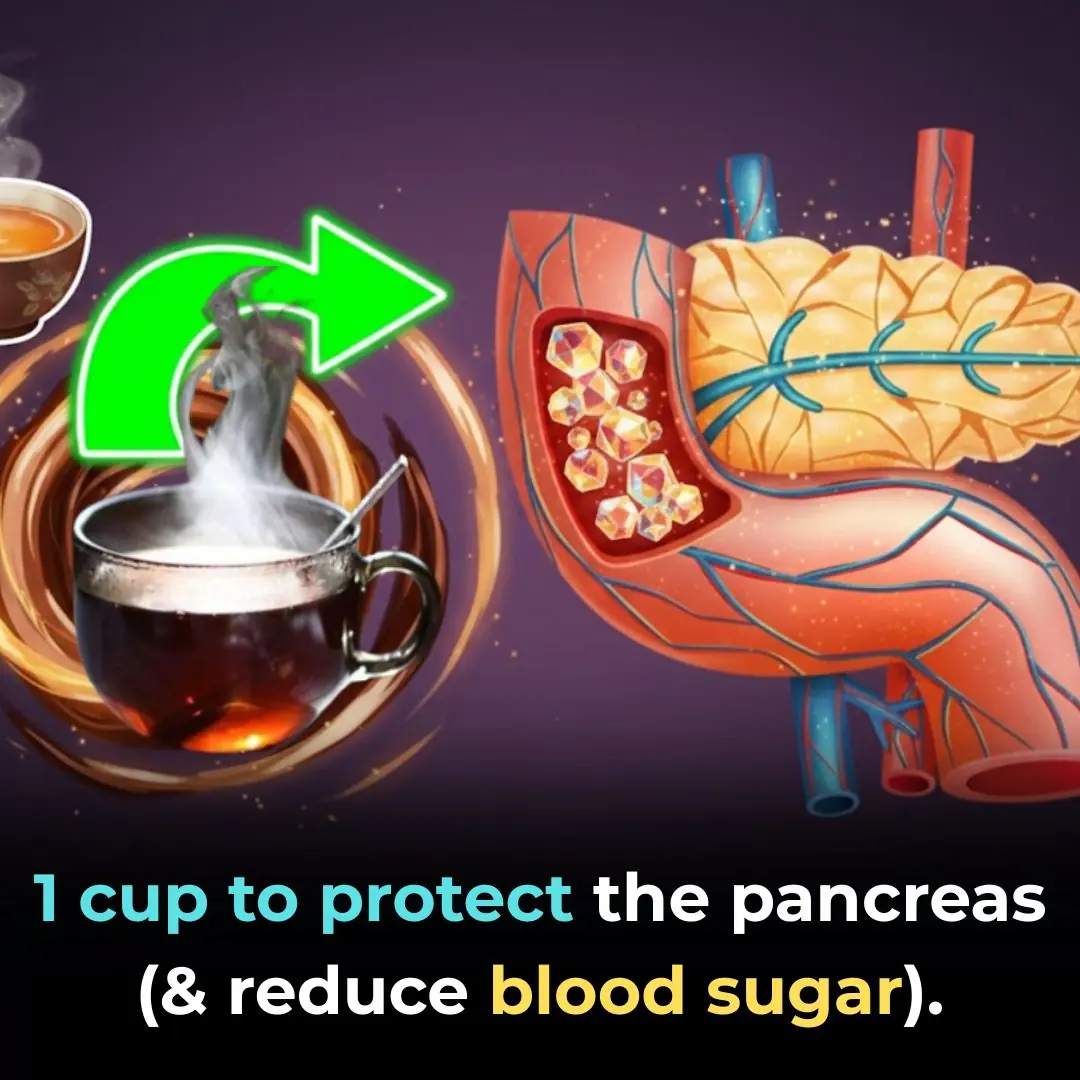
1 cup to protect the pancreas (and reduce blood sugar)

Manraj’s Journey: A Brave Little Fighter Who Beat Cancer

The Day Rick Swope Saved Jo-Jo the Chimp: A Heroic Act of Compassion

A Dramatic Rescue: The Courageous Effort to Save a Mother and Calf Elephant in Thailand

The Orange Cat and the Bears: A Friendship You Have to See to Believe

Little-known wonderful uses of baking soda in gardening

Remembering Tim Franklin: A Husband, Father, and Friend Who Loved With His Whole Heart

Abused Genius Turns King: The Lost Experiment That Became Legend of the Jungle

Why You Shouldn’t Wash Rice in the Inner Pot of an Electric Rice Cooker

Turns out I've been using it the wrong way for a long time

Semper Fi Until the End: Honoring Sgt. Kevin Lloyd, a True American Hero

🥚 5 Simple Ways to Tell if Your Eggs Are Fresh or Rotten 🚫
